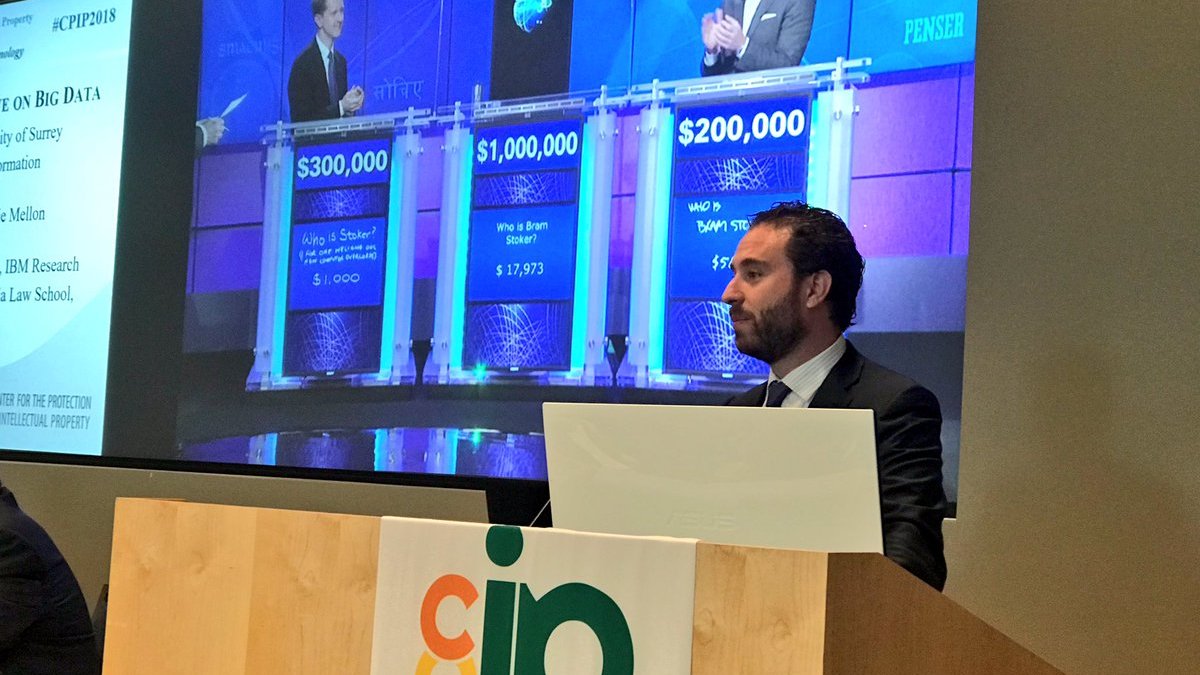Commentary: Progress on AI patent legal cases
The following expert comment was written by Professor Ryan Abbott, Professor of Law and Health Sciences at the University of Surrey, on legal cases he has led to ensure inventions created autonomously by artificial intelligence be patented:

Since 2018, we have been fighting to patent inventions generated by artificial intelligence. The AI is listed as the inventor on these applications, not as a matter of providing rights to machines, but to protect the integrity of the patent system and the moral rights of traditional human inventors. So far, the patent cases have been filed in 18 jurisdictions.
In 2021, South Africa issued the first patent with the AI listed as the inventor and the AI’s owner as the patent owner. A few days later, Justice Beach in the Federal Court of Australia ruled that AI-generated inventions were patentable in Australia, and that an AI could be listed as an inventor. However, in 2022, a full court of the Federal Court of Australia overturned his judgment, and the High Court just last month declined to review the case. The reversal is unfortunate and will act as a real disincentive to the use and development of AI in research and development. It says to companies that care about patents, like pharmaceutical companies using AI for drug discovery and repurposing, that some research tasks cannot be automated even if AI can do a more effective job than a person.
The European Patent Office so far rejected the case but held that the owner of an AI could list himself as a patent inventor just by owning an inventive machine and could state that is the basis for inventorship in the application—so we have now taken that approach and we anticipate it will allow us to proceed. We have also been successful in Germany at the intermediate federal court in holding that there are no US/UK-like inventorship requirements and that the applicant can just name himself as an inventor in cases of uncertainty.
Meanwhile, in the UK, the Court of Appeal rejected the case but split 2:1 on it – Lord Justice Birss would have granted us the patent. The UK Supreme Court has now accepted the case, which is set for oral arguments on Thursday 2 March 2023. We are grateful to the Supreme Court for taking the case and issuing guidance for stakeholders on whether and how to protect AI-generated inventions. We hope that the Supreme Court will hold such inventions are protectable by patents and that this will be a major boon to the development of AI in the United Kingdom.
The breaking news is that Saudi Arabia’s patent office has, like South Africa, accepted an AI as a patent inventor and the AI’s owner as the patent applicant. This means that a majority of jurisdictions that have so far made a final determination on this issue have held that AI-generated inventions are patentable.
Media Contacts
External Communications and PR team
Phone: +44 (0)1483 684380 / 688914 / 684378
Email: mediarelations@surrey.ac.uk
Out of hours: +44 (0)7773 479911
